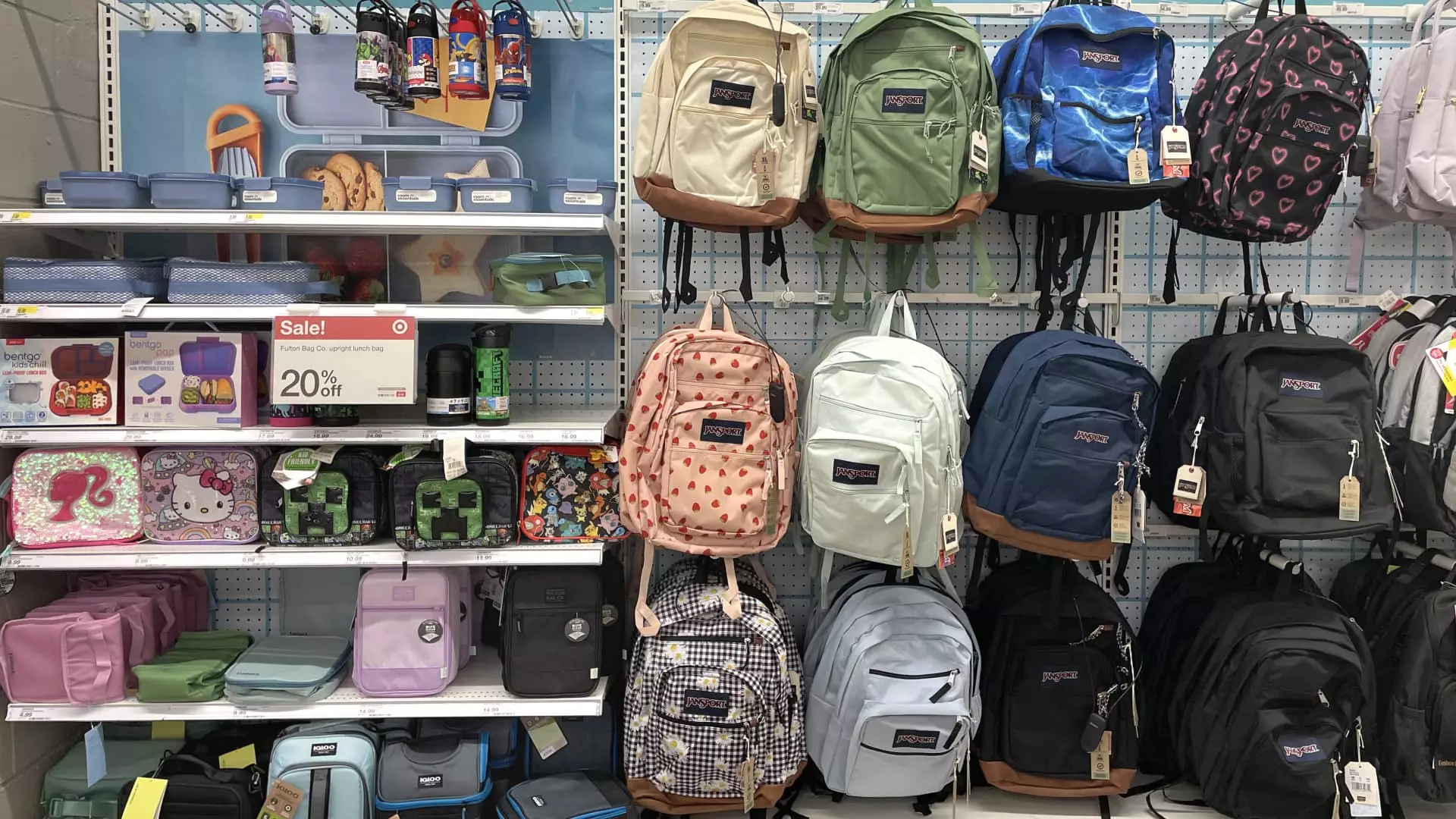In an era where national economic policies are often cloaked in rhetoric and political posturing, the real impact is frequently felt by the very people politicians claim to protect — the American middle class and working families. While inflation might be easing in some areas, recent tariff decisions, particularly those championed by President Donald Trump, threaten to undermine the fragile economic stability of countless households. This isn’t just about trade policy; it’s about whether ordinary families will be pushed into financial hardship because of misguided political maneuvers. Tariffs, once a tool for trade negotiation, are now catalysts for higher consumer costs, and at a time when family budgets are already stretched thin, they risk turning back the clock on progress.
Back-to-School Shopping: A Reflection of Broader Economic Struggles
Every year, the back-to-school retail season is a barometer for middle-class economic health. Yet, in 2025, this period is revealing alarming signs of financial strain. Families are expected to spend about $570 per child on essentials—a figure slightly down from last year, signaling a cautious approach. Parents are tightening their belts, opting to buy less, switch brands, or shop at cheaper stores. This is a stark contrast to earlier years when school essentials were more of a routine expense. Now, economic uncertainty driven by policy-induced inflationary pressures is forcing families to make tough choices, often at odds with their children’s needs and desires. The fact that spending is declining even as prices rise highlights a critical disconnect: policymakers’ decisions are directly eroding the purchasing power of everyday Americans.
The Political Gamble: Tariffs as a Double-Edged Sword
Trump’s tariff policies, initially heralded as a means to bolster American manufacturing and reduce trade deficits, are now backfiring in subtle yet tangible ways. The promise of higher tariffs on imports, intended to protect domestic industries, is translating into increased costs for building materials, clothing, and school supplies. Despite the pause in tariff hikes, market reactions and supply chain disruptions create a cloud of uncertainty. Economists warn that if these tariffs are implemented fully and maintained, consumer prices will inevitably rise, squeezing household budgets further. Politicians, often insulated by economic data and partisan rhetoric, tend to overlook the human cost of such policies. They forget that behind every chart and statistic are families trying to make ends meet, navigating a landscape made less forgiving by political brinkmanship.
The First-Chance Flip: Consumers’ Adaptive Strategies in a Turbulent Economy
In response to these mounting pressures, consumers are reconsidering their shopping habits. The latest data shows a significant shift: more parents are willing to switch brands or forego non-essential purchases altogether. This adaptive behavior underscores a resilience that is both admirable and concerning. While it’s encouraging to see families taking control of their financial futures, it also reveals a reality where economic policies force difficult sacrifices. The trend of buying early to avoid rising prices illustrates a scramble to mitigate the uncertainties stirred by tariffs and inflation. This isn’t a healthy sign for consumer confidence or economic stability; it’s a symptom of a government that’s risking economic well-being for political gains.
A Call for Thoughtful Policies Over Political Posturing
Ultimately, the debate over tariffs should extend beyond national pride or trade deficits and focus on the real-world consequences for families. Policymakers must recognize that their decisions ripple through households and communities, affecting everything from grocery bills to education costs. It’s not enough to tout economic victories without understanding the human toll. We need a balanced approach—one that prioritizes sustainable growth, protects consumers from volatile price swings, and ensures that economic policies serve the broader good rather than narrow interests. Until then, families will continue to face mounting economic challenges, caught in the crossfire of political games played at the expense of everyday Americans’ financial security.

